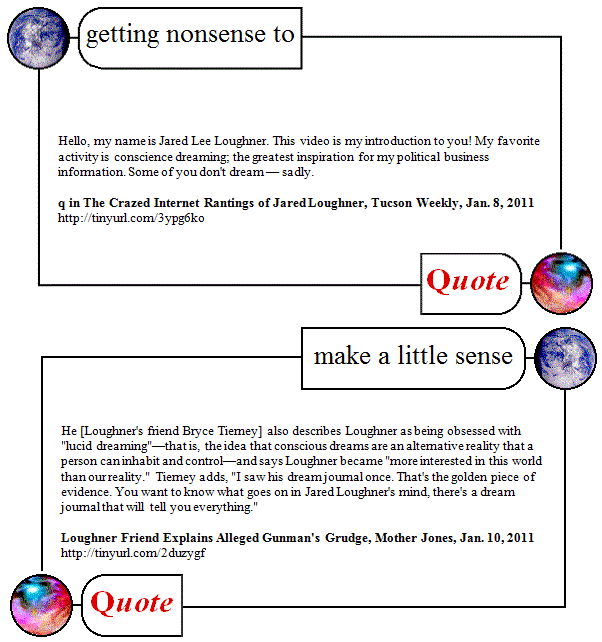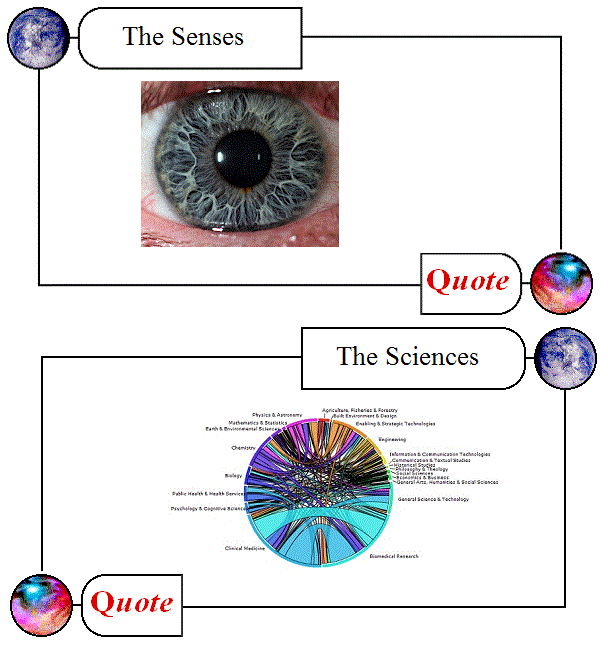King graduated from Morehouse College in 1948 with a degree in sociology. He was unhappy with his major, however, complaining about the “apathetic fallacy of statistics.” While at Morehouse, King decided to change his field of study. He entered Crozer Theological Seminary, where he absorbed the writings of political philosophers “from Plato and Aristotle,” King wrote, “down to Rousseau, Hobbes, Bentham, Mill and Locke.”
In a beautiful tribute to King, delivered at Spellman College in 1986, then secretary of education William Bennett explained why King turned to the liberal arts. In Bennett’s words:
Martin Luther King turned to the greatest philosophers because he needed to know the answers to certain questions. What is justice? What should be loved? What deserves to be defended? What can I know? What should I do? What may I hope for? What is man? These questions are not simply intellectual diversions, but have engaged thoughtful human beings in all places and in all ages. As a result of the ways in which these questions have been answered, civilizations have emerged, nations have developed, wars have been fought, and people have lived contentedly or miserably. And as a result of the way in which Martin Luther King eventually answered these questions, Jim Crow was destroyed and American history was transformed.
“The apathetic fallacy of statistics.” Sharp phrase. Reminds me of the following article (yes, it’s a bit of a tangent, I admit):
By about a quarter-century ago, however, it had become obvious to sophisticated experimentalists that the idea that we could settle a given policy debate with a sufficiently robust experiment was naive. The reason had to do with generalization, which is the Achilles’ heel of any experiment, whether randomized or not. In medicine, for example, what we really know from a given clinical trial is that this particular list of patients who received this exact treatment delivered in these specific clinics on these dates by these doctors had these outcomes, as compared with a specific control group.
– What Social Science Does—and Doesn’t—Know, Jim Manzi, City Journal



